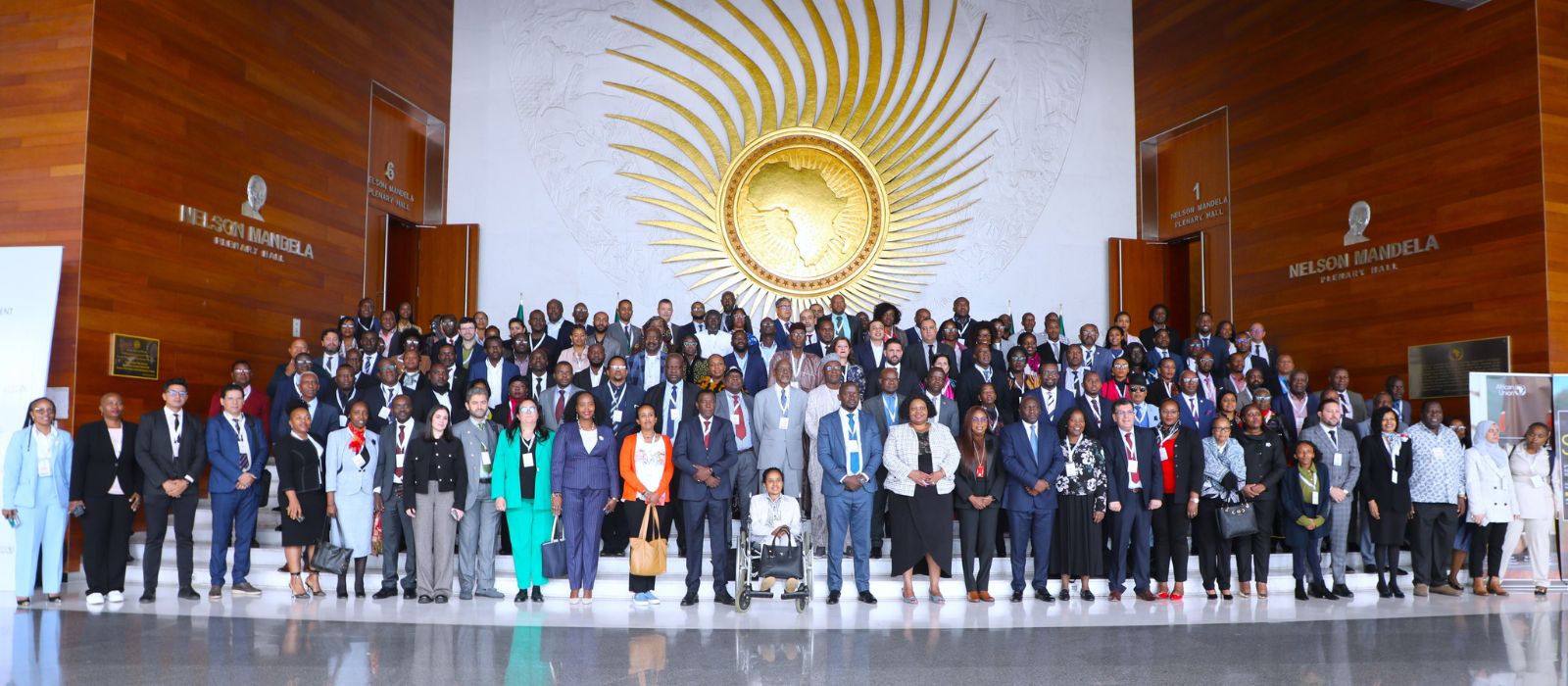
Government ministers and over 300 experts from across Africa are gathering in Addis Ababa, Ethiopia, for the Fifth Ordinary Session of the Specialized Technical Committee on Social Development, Labour, and Employment (STC-SDLE-5). The meeting, running from July 29 to August 2, focuses on discussing, evaluating, and endorsing strategies to enhance social development, labor, and ethical employment across the continent.
The session, themed “Social Agenda 2063: Promoting Social and Solidarity Economy (SSE) Ecosystems,” begins with experts from July 29 to 31, followed by ministers from August 1 to 2. Angela Martins, Acting Director of the Directorate of Sports, Culture, and Social Development, highlighted the development of a 10-year Social and Solidarity Economy policy framework. This framework supports Regional Economic Communities (RECs) and Member States through multi-sectoral and multi-partner collaboration, ensuring that interventions address programmatic needs and gaps for various demographics.
The STC will review roadmaps for implementing policies in social protection, labor migration, youth employment, and the elimination of harmful practices such as child marriage and female genital mutilation. Additionally, knowledge products providing insights into wage issues and labor migration dialogue mechanisms in Africa will be presented.
A key focus of the session is the Social Solidarity Economy, which aims to balance economic, social, and environmental goals while fostering solidarity, democracy, and mutualism. These principles prioritize collective gains and operate based on voluntary cooperation, mutual aid, and democratic governance. SSE entities play crucial roles in poverty reduction, job creation, community development, and the empowerment of marginalized groups.
Mr. Mahmout Moussa of Chad, the incoming Chair of the STC, emphasized the importance of translating discussions into tangible actions. The session’s priorities align with the Ouagadougou + 10 Declaration and Plan of Action 2004, which emphasizes employment creation and socio-economic policies. This commitment is further reinforced by the African Union’s Agenda 2063, advocating for a human rights approach to eradicating poverty and inequality.
Mrs. Jacqueline Mugo, Secretary General of Businessafrica, urged for actionable strategies, stating, “We cannot afford to have good strategies and frameworks that gather dust on our shelves.”
The session will also review progress on strategies from the Fourth Session of the STC-SDLE, which addressed issues such as ageing, child marriage, female genital mutilation, and online child sexual exploitation and abuse. Frameworks for protecting migrant workers’ rights and developing integrated labor market information systems will also be evaluated.